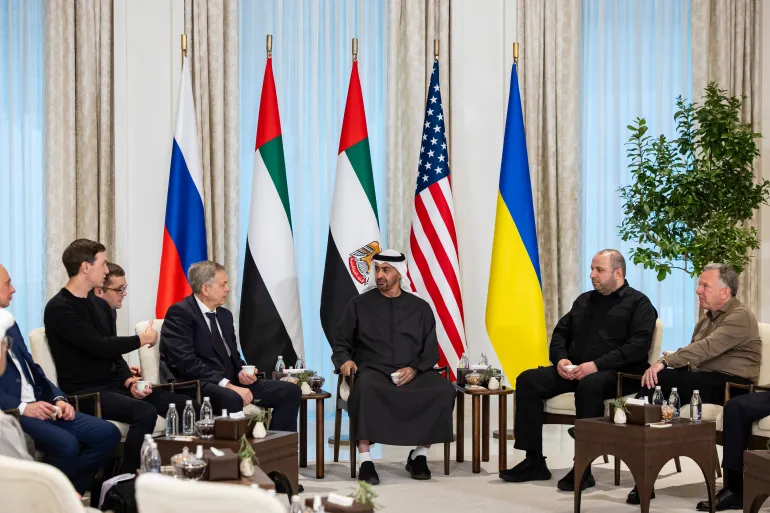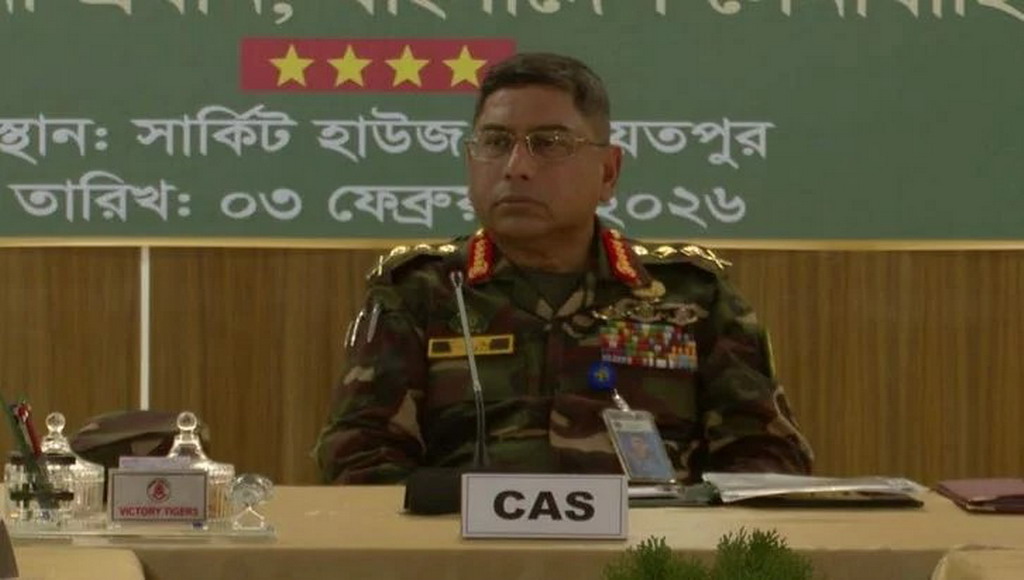ISLAMABAD: High-level security talks between Pakistan and Afghanistan in Istanbul have reached a deadlock, according to Pakistani security officials directly involved in the negotiations.
Mediators caution that the stalemate risks prolonging instability along the border and complicating counterterrorism cooperation in the region.
“The Istanbul talks therefore stalled because Afghan side refused to convert assurances into verifiable action,” security sources said. “Pakistan remains committed to a negotiated, peaceful solution, but Islamabad will not compromise on its core demand: the prevention of its territory being used as a launchpad for attacks.”
The mediators from Qatar and Türkiye expressed concern that the Afghan side did not act on workable proposals that could have lowered tensions and stabilized the border situation.
According to senior Pakistani security officials, discussions covered multiple agenda items, but progress halted when the Afghan delegation declined to commit to verifiable measures against groups allegedly operating from Afghan soil and conducting cross-border attacks.
“The Afghan side kept repeating that they ‘understood the concern,’ but would not sign off on enforcement mechanisms,” one Pakistani security official said. “We cannot operate on trust alone when our personnel are being targeted.”
Talks amid rising violence
The Istanbul negotiations come at a time of heightened militant activity in Pakistan’s Khyber Pakhtunkhwa province. Security officials report that recent attacks in Central Kurram and Dera Ismail Khan have resulted in the martyrdom of at least 28 Pakistani security personnel, including senior officers.
The current talks form part of an initiative led by Qatar and Türkiye to stabilize the border following a temporary 48-hour truce announced on October 15, later extended during the Doha round of discussions.
Repeated reversals
Security officials familiar with the discussions say three near-final draft agreements were reached during the Istanbul sessions, including one after negotiations lasting 18 consecutive hours. However, the process was hindered by what officials described as obstruction and defensiveness from the Afghan side.
Some members of the Afghan delegation avoided direct answers and, at times, used dismissive language, sources said.
The mediators, sources added, appeared taken aback by the Afghan approach and signaled surprise at what they viewed as a lack of constructive engagement.
Detailed negotiations and deadlock
Participants say most agenda items were discussed thoroughly, but the core issue remained unresolved: verifiable action against groups using Afghan territory to carry out attacks inside Pakistan. The Afghan delegation offered general assurances rather than enforceable commitments.
One Pakistani security source said Pakistan presented time-stamped evidence of militant sanctuaries and cross-border movement. Instead of acknowledging the material, some Afghan representatives questioned its provenance and referred matters back to Kabul, slowing progress.
When Pakistan requested action to restrain and dismantle groups responsible for attacks, the Afghan side responded that such groups were not entirely under their control. A position that surprised the mediators, according to officials present.
Attempts at final agreement
Sources confirmed that on the night of October 27–28, after the third near-final draft agreement, the head of the Pakistani delegation, General Shahab Aslam, asked:
“In Islam it is said that anything committed three times is considered final. So is it now final from your side?”
According to those present, the Afghan side replied, “Yes.” However, before signing, the Afghan delegation stepped outside to contact Kabul and, upon returning, reversed their position once again.
This reversal reportedly shocked those in the room, including the mediators, who said:
“Allah help and forgive these people.”
Pakistan’s position and outlook
Pakistan made clear that if hostile groups continue to operate from Afghan territory, Islamabad will take necessary measures to defend its people and sovereignty.
The Afghan delegation, meanwhile, requested reciprocal guarantees regarding Pakistan’s airspace and the actions of third countries. A request Pakistani officials said they could not commit to on behalf of others.
Despite the setback, Pakistan has agreed, at the request of Qatar and Türkiye, to leave space for continued dialogue. Security officials say Pakistan’s stance remains focused on a peaceful resolution grounded in verifiable commitments to prevent cross-border attacks.

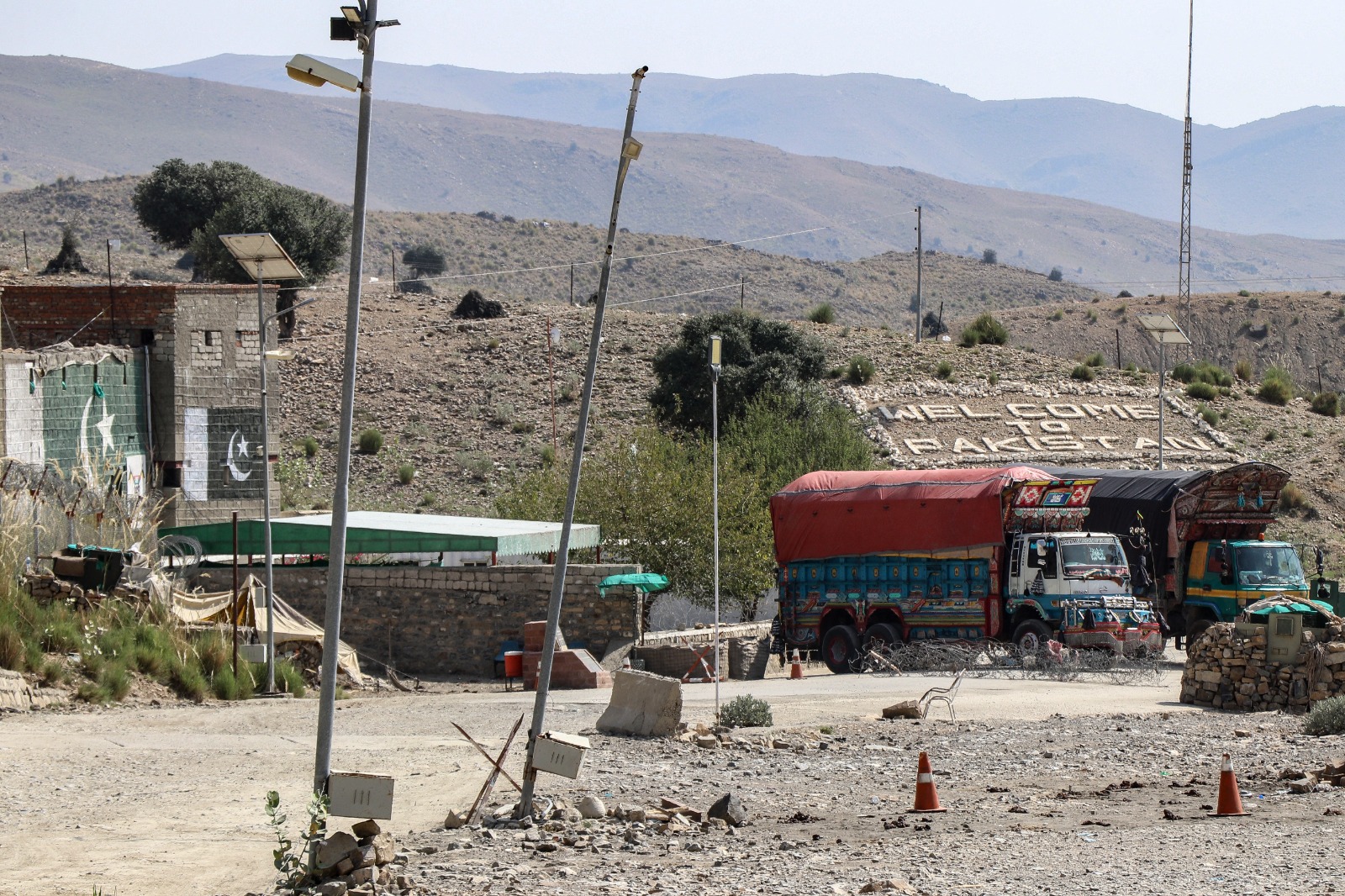
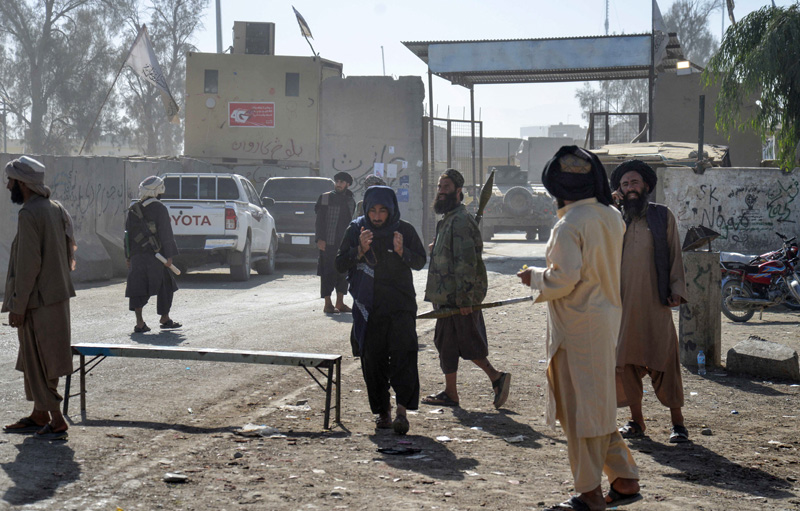
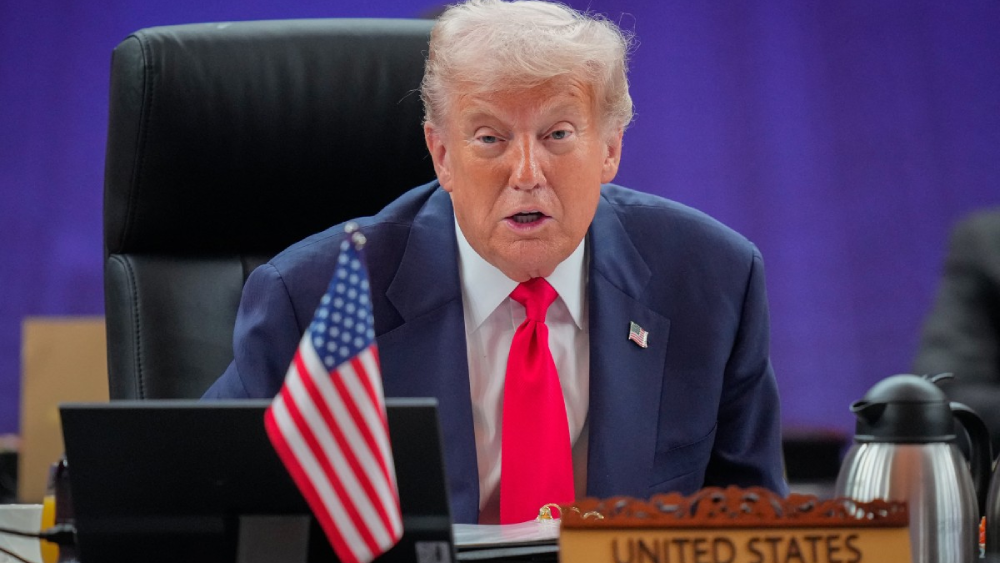
.jpg)
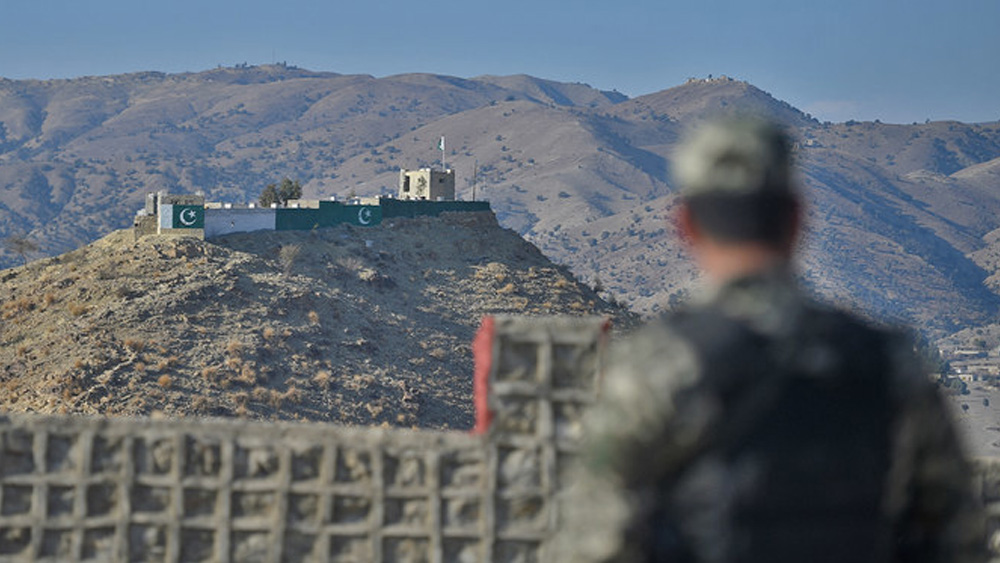
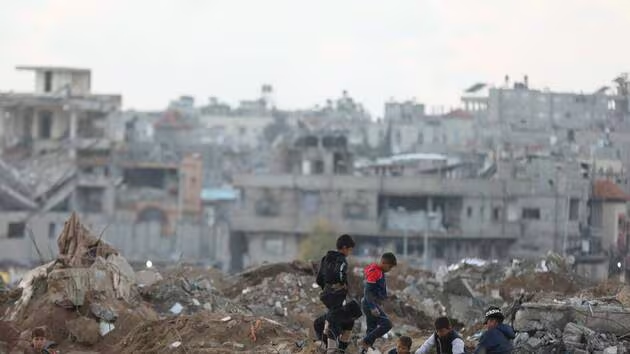
.jpg)
.jpg)
